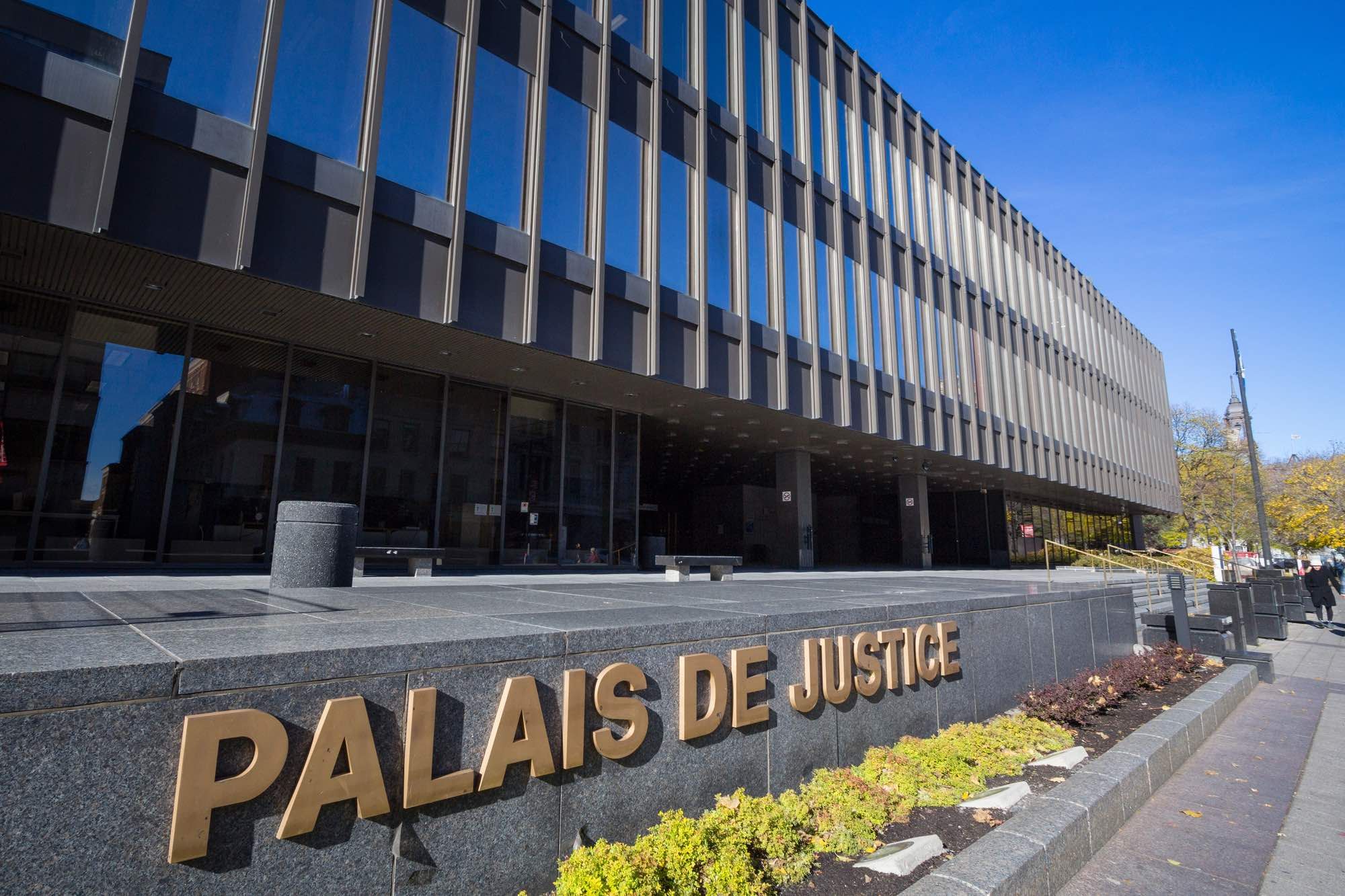Top Class Actions’s website and social media posts use affiliate links. If you make a purchase using such links, we may receive a commission, but it will not result in any additional charges to you. Please review our Affiliate Link Disclosure for more information.
Time and again Quebec has been said to be Canada’s “bastion of progressivism” in terms of social and legal innovation. For example, Quebec was Canada’s frontrunner when it came to enacting class action legislation back in the 1970s. In 1978, the province adopted an opt-out class action regime–again–the first in the country. Among the various class action lawsuit definitions used in Canada’s legal system, courts have considered class action lawsuits to be a form of collective remedy offering access to justice, judicial economy, and the deterrence of anti-social behaviour.
As consumers and potential plaintiffs in class action lawsuits in Canada and in Quebec, it is important to understand the specificities of the class action regime in “La Belle Province.”
Separation of Powers
Canadian class action proceedings are dictated by rules shaped by Canada’s unique constitutional arrangement, known as the separation of powers. Sections 91 and 92 of the Constitution Act, 1867 lay out the spheres of legislative competence under federal and provincial jurisdiction. As far as class action lawsuits are concerned, provincial courts have the jurisdiction to hear class proceedings involving most civil actions. Additionally, provincial governments dispose of the legislative authority to enact laws regarding the conduct of class proceedings concerning property and civil law. This means that if you were to initiate a class action lawsuit against a corporation due to breach of contract, you would file your action at the provincial court, such as the Superior Court of Québec.
As a result of Canada’s separation of powers, class action rules in the country resemble a patchwork of provincial class action laws. Although these laws are generally similar among Canadian provinces, each province has distinct procedural rules.
Quebec’s class action procedure is unique in comparison with other Canadian provinces because it is highly plaintiff-oriented. In Quebec, class actions play an important role in access to justice and are therefore designed to be plaintiff-friendly. For instance, the bar for authorization (known as “certification” in common law jurisdictions) in Quebec is lower than in Canada’s common law provinces. Additionally, class action lawsuits are subject to mandatory case management by a Superior Court judge whose principal task is to ensure that the case will promptly proceed to authorization.
To make initiating a class action lawsuit in Quebec easier, the province provides for public funding through the Fonds d’aide aux actions collectives (FAAC), which offers financial assistance to the representative plaintiff to help cover certain legal fees and expenses.
Authorization
In Quebec, the Code of Civil Procedure, Chapter C-25.01 (CCP) codifies class action rules. According to the CCP, class action lawsuits proceed in three stages:
- Authorization of the class action
- Trial on the merits
- Recovery
Article 575 of the CCP lists four criteria that need to be met for a class action to be authorized. As per the criteria, the plaintiff must demonstrate all of the following:
- Class Member claims raise identical, similar, or related issues of law or fact;
- The facts alleged appear to justify the conclusions sought;
- The composition of the Class makes it difficult or impracticable to apply the rules for mandates to take part in judicial proceedings on behalf of others or for the consolidation of proceedings; and
- The Class Member appointed as the representative plaintiff is in a position to properly represent the Class Members.
The authorization stage acts as a filter to eliminate frivolous class actions. Unlike other jurisdictions, such as the U.S., Canada is famously non-litigious, which renders the filtering process a little more exhaustive. Therefore, the representative plaintiff must demonstrate that the resolution of the questions raised by the class action would benefit the proposed class as a whole. However, this is not to be mistaken for needing the same solution for all Class Members. A single common question, such as injury due to a product defect, is sufficient to justify a class action provided there is no conflict within the proposed class. Quebec 
Quebec courts have also considered the requirement of legal interest liberally. Indeed, class action lawsuits in Quebec have been initiated against multiple defendants and entire industries, such as banks or car manufacturers. This phenomenon is explained in the Supreme Court of Canada’s 2014 ruling in Bank of Montreal v. Marcotte, where it was held that as long as a legal interest against only one of the defendants is demonstrated, an actual cause of action against each of them is unnecessary. For example, if you are a representative plaintiff in a class action lawsuit against multiple airlines, but you only have a direct cause of action against one of them, you can still represent the class action.
Where the four criteria are met, Quebec courts are bound to authorize the proposed class action, subject to another very important procedural rule: the principle of proportionality. This rule can be found in Article 18 of the CCP and requires that parties to a lawsuit must ensure that the chosen proceedings are proportionate in terms of the costs and required time, to the nature and ultimate purpose of the action or application and complexity of the dispute. The aim of the principle of proportionality is to foster and maintain a balance between the various stakes involved in litigation as well as party and judicial resources. Judges must therefore ensure that the recourse to the judicial process respects the principle of good faith and does not give rise to an abuse of the court system.
A clear example of the importance of the principle of proportionality in the Quebec legal system is the high-profile Marcotte v. City of Longueuil case. This Quebec class action concerned the amalgamation of two Quebec cities, which resulted in increased taxes for residents. The plaintiffs, in this case, requested that the municipal bylaw be quashed and that residents be refunded. The Superior Court and the Quebec Court of Appeal rejected the class action lawsuit on the basis that a class action was an inappropriate recourse, in this case, citing the proportionality principle. On appeal from the Quebec courts, the Supreme Court of Canada held that in this case, a class action, “could hamper the conduct of proceedings that are in principle simple and quick, and would hardly be consistent with the principle of proportionality,” due to the time-consuming nature of the case.
The New Code of Civil Procedure
Over the years, Quebec’s class action rules and regulations have evolved, and eventually, on January 1, 2016, the Act to establish the new Code of Civil Procedure came into force. The 2016 CCP brought significant changes to previous class action rules in Quebec, primarily in the areas of:
- Asymmetrical right of appeal
- Standing to start a class action
- Multijurisdictional class actions
The new CCP revised a long-standing procedural rule that prevented the defendant of a judgment authorizing a class action to appeal. The new code, however, allows defendants to seek leave to appeal a judgment granting authorization.
Additionally, the new CCP revised the rule regarding corporations’ ability to file a class action or be a Class Member. Previously, only corporations with under 50 employees were able to institute or be part of class actions. The 2016 amendment does away with the limit, thus expanding access to justice and promoting the principle of judicial economy.
In Canada, multijurisdictional class actions are quite frequent. Class representatives will often file a class action in Quebec, for example, while another class action is underway in the U.S. for the same problem and against the same defendant. This is known as a “multijurisdictional class action,” and is legal in Quebec. However, multijurisdictional class actions can raise issues in terms of law and legal questions varying between provinces and jurisdictions.
The new CCP codifies existing case law on the issue of multijurisdictional class actions, namely by reinforcing the principle that Quebec courts are the custodians of the interests of Class Members. Therefore, Quebec judges must consider the best interest of Quebec residents before granting motions related to class actions introduced in another jurisdiction. Additionally, Quebec courts must ensure that the Civil Code of Québec and the rules of the CCP will be observed should a court in another Canadian province be asked to make a determination as to the rights of Quebec residents involved in a multijurisdictional class action lawsuit.
If you are thinking of filing a Canadian class action lawsuit, submit your information here and your case will be reviewed by a network of lawyers. If you have a potential case, you will be contacted for a free case evaluation.
Have you ever filed a class action lawsuit or other legislation in Québec? Tell us your story in the comment section below!


















One thought on A Guide to Class Action Lawsuits in Quebec
Hydro Quebec built a 315 kv along a trajectory between the sources and Saint Jean stations negatively impacting the valuation of approximately 150-200 homes. One of our neighbors appealed his evaluation by 15 percent in spite of HQ convention it would not significantly reduce home values. They have refused to compensate any home owner